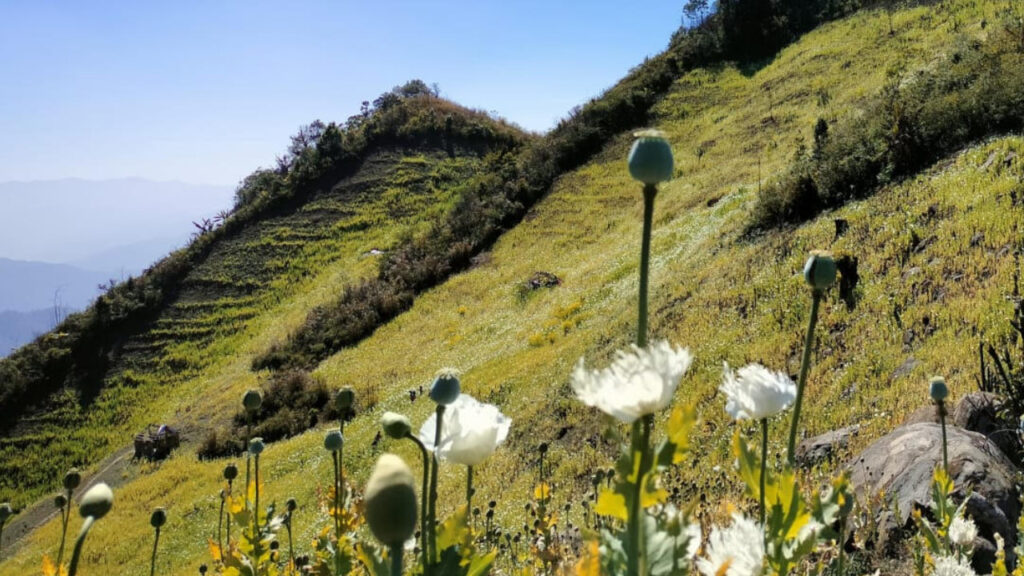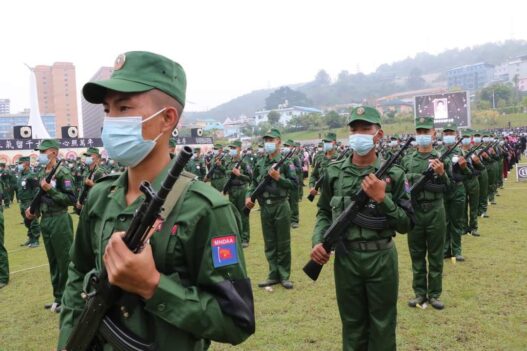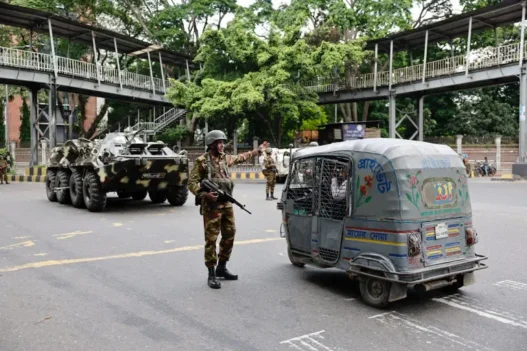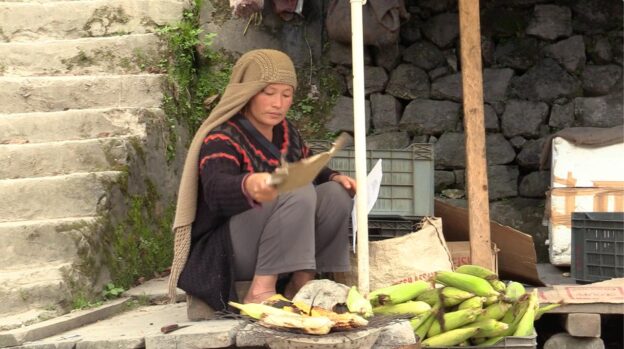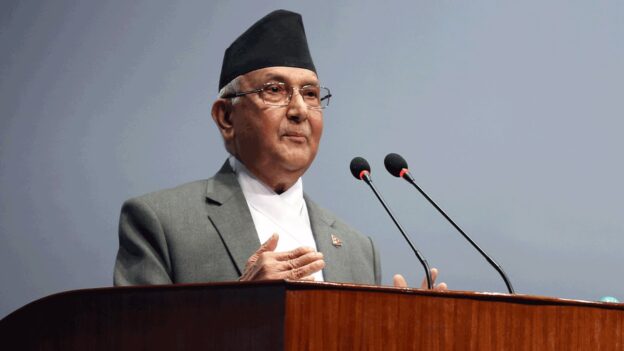Highland farmers in Manipur have been waiting for the rains to stop – they generally set out in the months of August – September to select and prepare lands for the opium poppies, a crop that has been associated with the drug lords in the borderlands. The hills would soon be carpeted with white and lilac opium poppy flowers, which will be harvested later this year. State records suggest that illegal cultivation of opium poppy, the plant from which opium is extracted to make heroin – has steadily increased in a span of five years. This year, farmers grew poppies in three times as much land as they did in 2017. Despite the state government devoting enormous resources and effort to tackle illegal poppy farming, it continues to be a source of livelihood for a large section of rural folk.
According to reports, until June 2022, poppy farming expanded from 1853 acres in 2017 to 6742.8 acres . Of this, a total of 3743.71 acres of poppy crop has been destroyed from January 2017 till February 2022 (Manipur Police, Narcotics Affairs Bureau). The NAB has busted approximately 2428.98 kilos of poppy from opium producing labs in the last three years.
Chief Minister Nongthombam Biren Singh endeavours to keep Manipur safe through his ‘War on Drugs’ campaign launched in 2018, but the solutions look insufficient under challenging conditions. Unresolved conflicts, insecurity, insurgency, corruption, violation of human rights are some of the major challenges Manipur has struggled with. Successive governments have long tried to deal with these issues, with huge expense of time and money, but rarely successful. The eradication of illicit poppy cultivation might also take time. Strategies employed to counter the drug trade further gets complicated by a highly complex and porous border, and Manipur’s geo-strategic location between South and South East Asia – its proximity to the Golden Triangle (the mountainous region where Burma, Laos, and Thailand share common borders).
The 1624km long Indo-Myanmar border remains a viable option for drug traffickers. Security forces including counternarcotics police and paramilitary troops constantly monitor the cross-border movement of contraband into the state – the Assam Rifles seized drugs worth Rs 2022.77 crores from 2019 to 2022. Till August 2022, contraband drugs worth Rs 145.158 crores were recovered.
From the fields
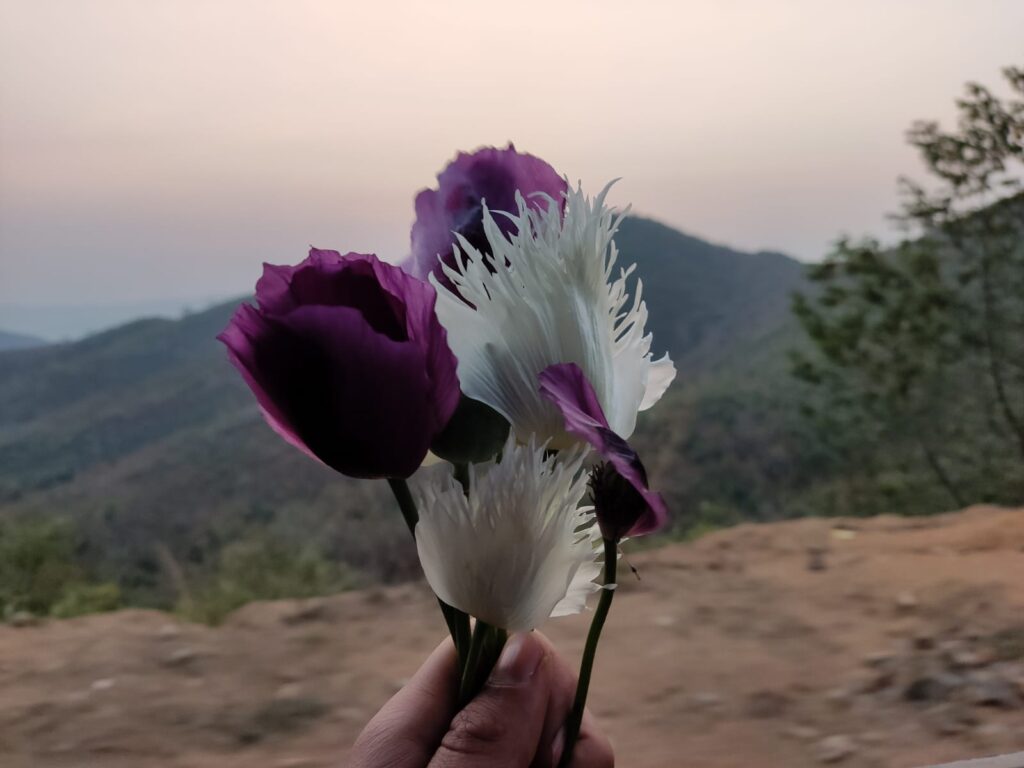
Farmers are only required to prepare their land and let the poppies grow, while the harvesting and transportation is taken care of by others involved in the illegal trade. The Borderlens talked with two villagers from an ethnic minority group who used to work in the poppy fields –willingly, in pursuit of livelihood. In the hills of Churachandpur, the southern part of Manipur bordering northwestern Myanmar, Grace Lian* (50) and her neighbor, Lunboi* (25) toiled in the fields from dawn to dusk – collecting dried latex (opium) from the poppies. They were required to tread carefully so as not to spill the sticky ooze. Long hours of attending to the seed pods also led to headaches, sometimes severe, and the workers would gulp down “a small amount of Zu” (alcohol) for relief. Grace said they would usually work in a group of about 20-30 villagers.
Poppy growers operate through a network that usually uses the traditional word of mouth technique to find the likes of Grace to work in their fields. Grace took a break from selling vegetables when she found she could earn almost Rs 10,000 a month from tending to poppy pods. The money was later used as capital to augment her vegetable business. The daily wage from poppy far exceeds the minimum daily wage fixed by the government – Rs 278 for skilled labourers, while unskilled labourers in Manipur earn Rs 225 per day.
“We can choose to work for a week or more, depending on our willingness to do the job. I worked for a month, and made Rs 400 a day – the pay varies from place to place, and at the discretion of the field owner. It can be anywhere from Rs 500 – Rs 700. Labourers who clear the land are usually paid higher,” said Grace.
Secrecy surrounds the locations chosen for poppy cultivation, but the workers are well taken care of.
“We don’t need to know who we are working for. The pay is good, and they provide comfort with food and drinks, bedding and shelter, paan (betel leaves) and cigarettes, and sometimes, Tuibuuk (nicotine water),” remarked Grace, a widow who lives with her daughter and grandchildren.
Poppy farmers in Manipur do not feel the need to hide what they are growing – it is an increasingly visible crop. Grace, like any other labourer engaged in opium poppy farm, had had no fear of getting caught.
“Nothing comes of frisking or checking labourers – maybe, because of prior negotiations and settlements between poppy field owners and officials. We saw fields getting destroyed, but we can also see many fields left untouched,” she said, not willing to divulge more.
Grace and her daughter stopped working in the poppy fields from February this year. The family was counseled by the elders of the church who have offered to take care of her grandchildren, their welfare and education. But her neighbour, Lunboi, still looks forward to government help.
“I worked in the poppy fields to make good money – getting opportunities for manual labour is not easy out here. I will not return to do this if the government provides me with an alternative. Labourers are not what they focus on, because I heard, field owners are offered alternatives. People like us who do not have land, who will show us options unless we have good skills? I only know how to plough and attend to my vegetable garden,” said Lunboi, while also briefly explaining how she learned to collect the gummy opium from the pod surface.
“It has to be cut not too deep or too shallow, but in a way that the latex does not overflow. We would let the latex accumulate on the pod overnight, and collect it the next day in small Khaini (tobacco) steel containers. The latex from the pod can be harvested multiple times until depleted, so our work goes on. After several rounds of scraping the Kani pod (Opium poppy locally known as Kani), the process becomes manageable.”
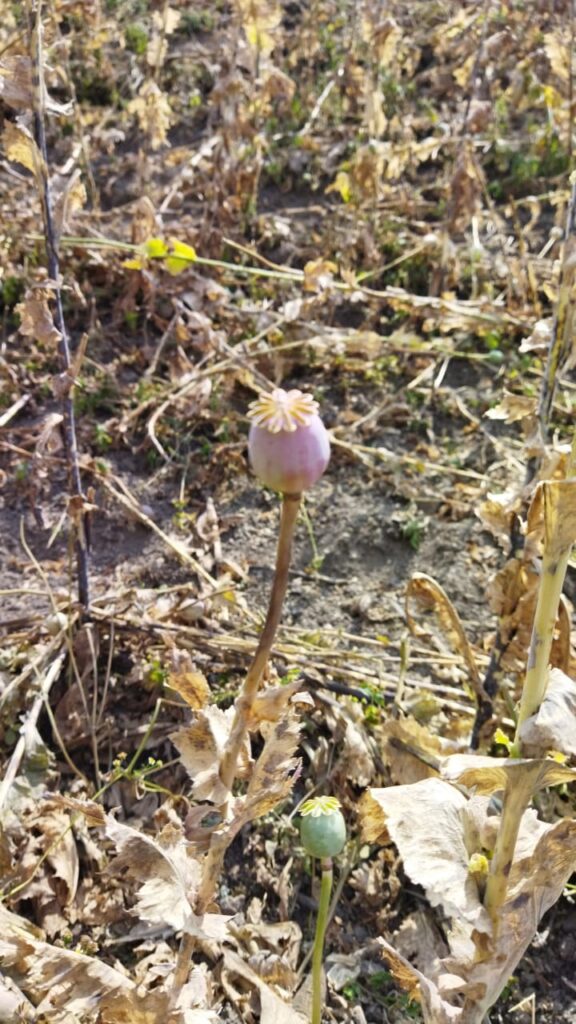
The young married woman had suffered a fall while working in the steep hills, and was since confined to the shelter to cook for labourers in the field. “At the poppy field where I worked, no one was specially designated for cooking. There were about nine workers, and three others who looked like minors. We would fetch water down the hill for basic needs. Since I was left injured, I was only allowed to cook. My payment came down from Rs 400 to Rs 200.”
“There are no guards in the field. We can leave whenever we want. No restrictions. When my group completed their work and were ready to leave, the neighbouring field owner requested us to work in his field – they generally do that, and whoever wants more money would surely go for it.”
Alternative Livelihoods for Opium Producers
The challenge for the government is to create more economic initiatives that attract farmers to pursue sustainable livelihoods, and generate employment with improved access to markets and land. Along with aggressive enforcement efforts, it is important for the government to find an approach that does not compromise development. Earlier in June this year, the Chief Minister launched the ‘Cultivation of Horticulture Crops as an Alternative to Poppy Cultivation in Hill Areas’ scheme under ‘War on Drug 2.0’ – to conserve forest areas and eliminate poppy cultivation. At the launch event in Imphal West, the Chief Minister said that 355 farmers in Kangpokpi, Kamjong and Ukhrul districts, who earlier depended on poppy cultivation for their livelihood have benefited with alternatives. In its effort to build a sustainable integrated farming system, the state government has earmarked an amount of Rs 400 lakh for 2022-23 to implement alternative livelihood options for poppy farmers. An annual action plan was also prepared to target 500 farmers across 500 acres in the districts of Chandel, Kamjong, Kangpokpi, Ukhrul and Tengnoupal.
Land use and land ownership issues
The hills in Manipur come under the jurisdiction of a particular village or a village chief, or belong to a specific tribal community. Poppy planting is done, seasonally, with or without the knowledge of the chief. The land use patterns make it extremely challenging for authorities – the police, the NAB and NGOs to ascertain land ownership. No one claims responsibility for the land used for growing poppies, even as the law places the onus on village chiefs and also the land owners.
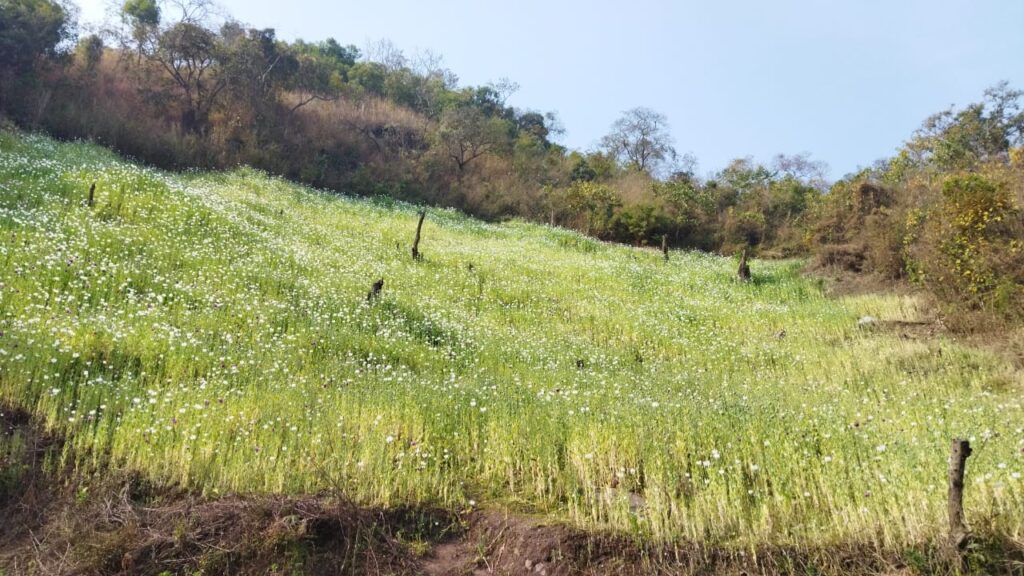
Along with authorities, the village chief has a significant role in combating illegal poppy cultivation. The courts (Ningom Others v. Samjathang, Chief, Gauhati High Court 1990 and C. Wungam v. Union of India, the Manipur High Court, 2016) upheld that the Chief is the land owner and the villagers are licensees, and the land belongs to the villagers. Under Section 46 of the NDPS Act, 1985, it is the duty of the Village Chief or the land holder to give information about any instance of illegal opium poppy cultivation within his land. Besides, the hill land that the village chiefs claim ownership of is mostly unsurveyed. In the absence of private land ownership, an individual can escape the scrutiny of law, even if the land is used for illegal cultivation.
“Proving land ownership in the hills is next to searching for an invisible person,” said a police official on condition of anonymity. He has been working closely with churches and local organizations to dissuade youngsters from poppy farming.
“There is no one to claim ownership of the land when we come across an opium poppy farm. It seems the lands do not belong to anyone,” he added.
No hills-valley divide for druglords
The conclusion is surprising. Data suggests that the hills produce opium while the valley manufactures morphine or heroin – this interdependency around the narcotics trade has fostered a relationship with drug cartels outside the parameter of the hills-valley divide, an issue that has plagued Manipur since colonial time. Different sections, beyond ethnic competition, are engaged in the production, processing and trafficking of opium. It stretches beyond Manipur’s borders, transcending the Golden Triangle to a more robust transit route, popularly known as the Golden Pentagon that includes Vietnam-Cambodia and Nagaland-Manipur in Northeast India.
Edited by Karishma Hasnat

